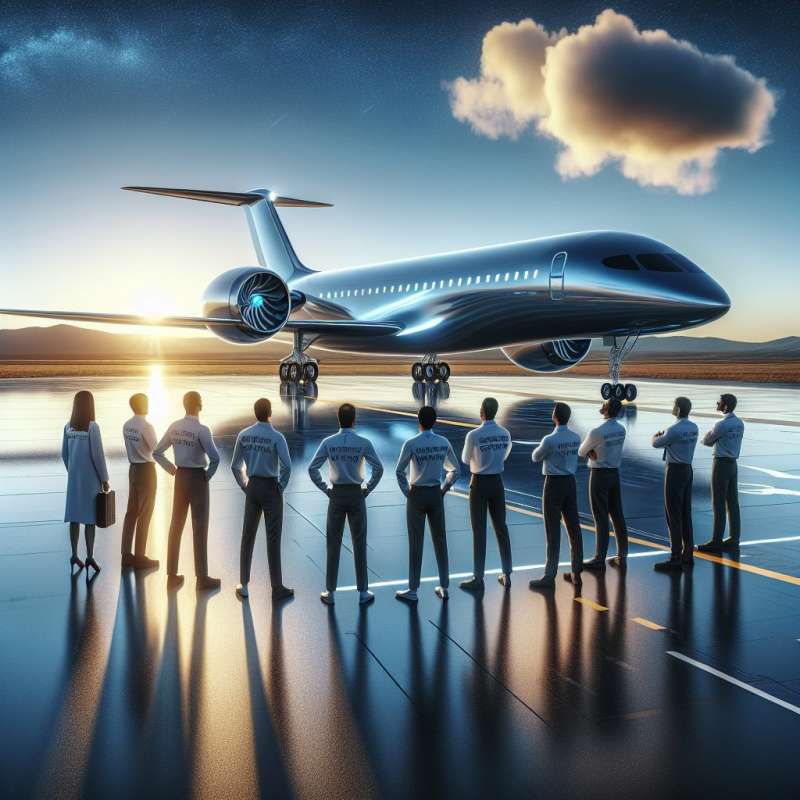
Boeing's Sustainability Goals
Boeing aims for sustainability, targeting net-zero carbon emissions by 2050. They're investing in more efficient aircraft designs, alternative fuels, and advanced propulsion technologies to revolutionize eco-friendly air travel.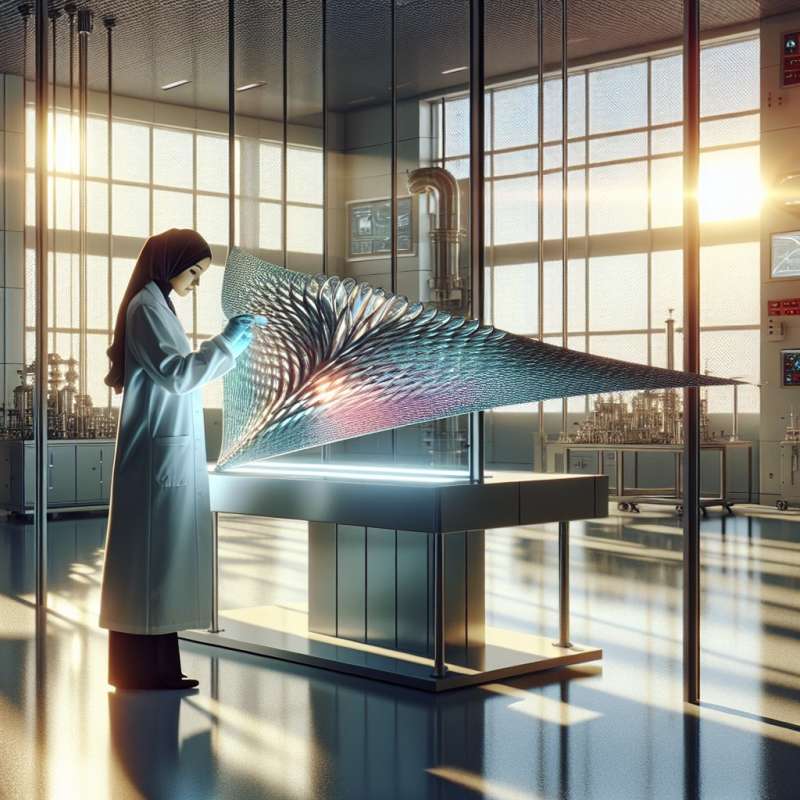
Advanced Materials Innovation
New composite materials are being researched by Boeing for future aircraft. These materials promise lighter, stronger airframes, potentially reducing fuel consumption and extending operational ranges.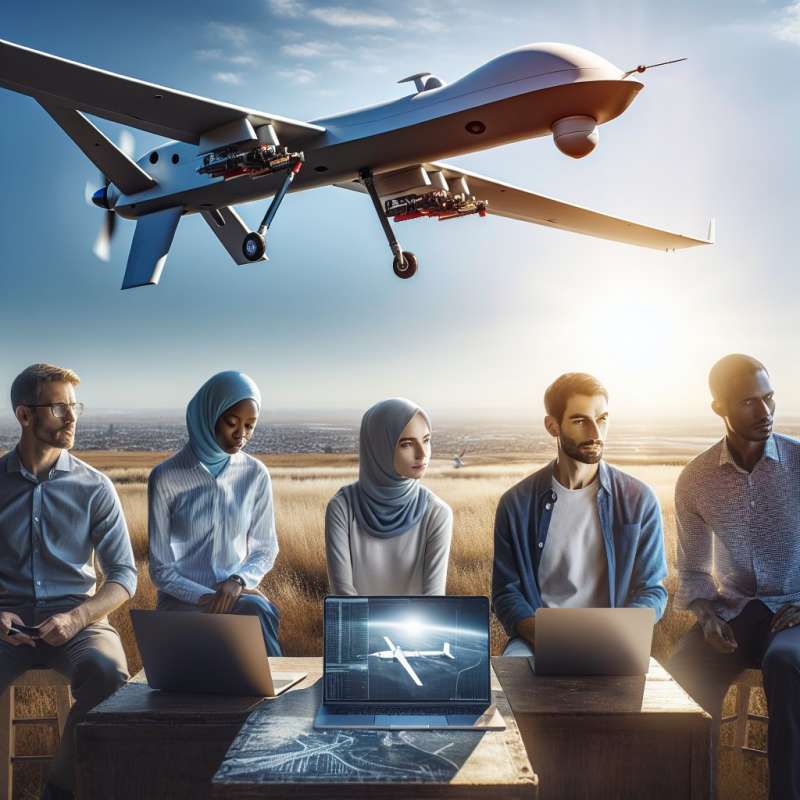
Autonomous Flight Research
Boeing is exploring autonomous flight technologies. These systems could enhance safety and efficiency, and are expected to transform both piloted and uncrewed aerial vehicles in the coming decades.
Electric Propulsion Integration
Electric and hybrid-electric propulsion systems are on Boeing's horizon, aiming to reduce greenhouse gas emissions. These technologies are crucial for short-haul flights and urban air mobility solutions.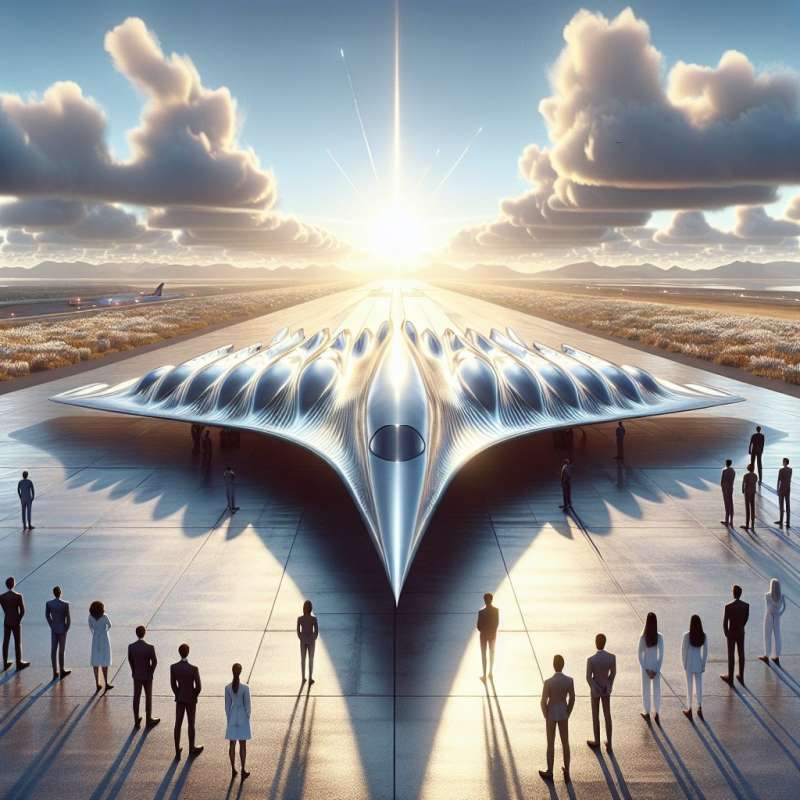
Boeing's Hypersonic Future
Boeing is developing hypersonic aircraft capable of speeds over Mach 5. This technology could redefine global travel, drastically cutting down flight times between continents.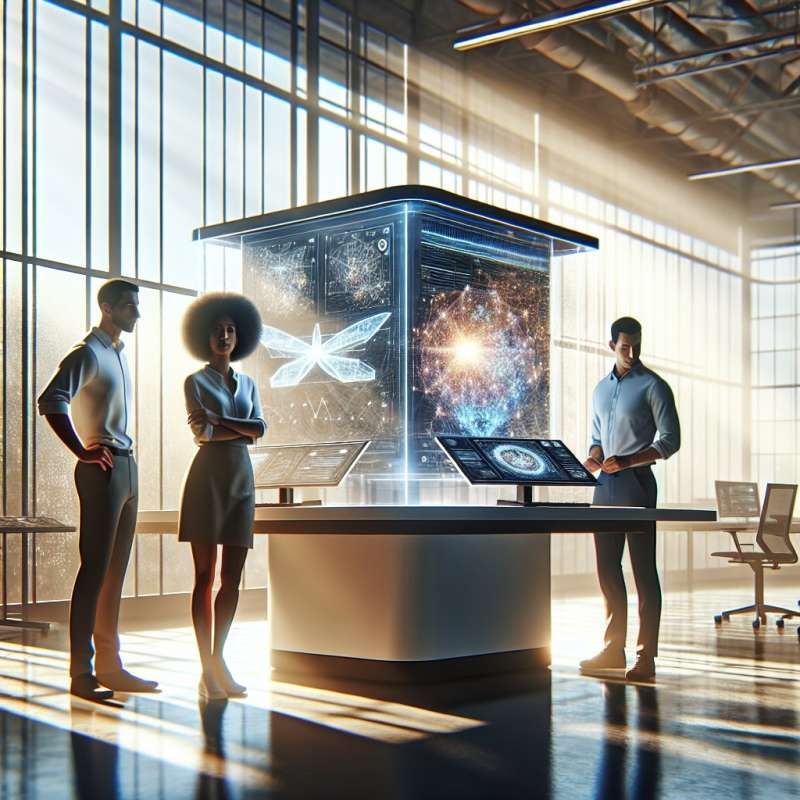
Quantum Computing Applications
Quantum computing is a game-changer for Boeing, providing unprecedented computational power. It's set to optimize flight paths, improve design processes, and enhance cybersecurity measures.
Collaborating with Start-Ups
Boeing HorizonX collaborates with innovative start-ups to foster new technologies in aerospace, such as advanced mobility, space travel, and artificial intelligence applications that could shape the future of aviation.
Boeing's target year for net-zero emissions?
Net-zero by 2040
Net-zero by 2050
Net-zero by 2030
Company